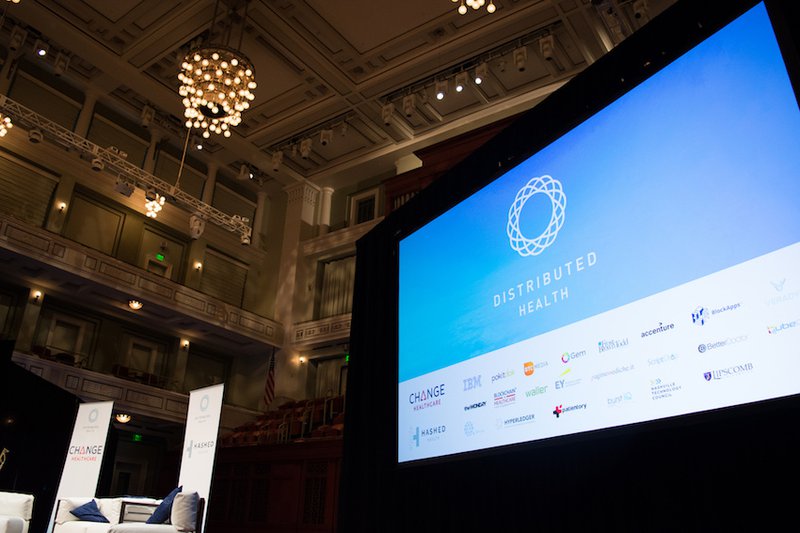What is a Blockchain?
Blockchain is a distributed database system that acts as an “open ledger” to store and manage transactions. Each record in the database is called a block and contains details such as the transaction timestamp as well as a link to the previous block. This makes it impossible for anyone to alter information about the records retrospectively. Also, due to the fact that the same transaction is recorded over multiple, distributed database systems, the technology is secure by design.
With the above in mind, blockchain is immutable – information remains in the same state for as long as the network exists.
Blockchain and Big Data
When you talk about blockchain in the context of Bitcoin, the connection to Big Data seems a little tenuous. What if, instead of Bitcoin, the blockchain was a ledger for other financial transactions? Or business contracts? Or stock trades?
The financial services industry is starting to take a serious look at block chain technology. Oliver Bussmann, CIO of UBS says that blockchain technology could “pare transaction processing time from days to minutes.”
The business imperative in financial services for blockchain is powerful. Imagine blockchains of that magnitude. Huge data lakes of blocks that contain the full history of every financial transaction, all available for analysis. Blockchain provides for the integrity of the ledger, but not for the analysis. That’s where Big Data and accompanying analysis tools will come into play.
More: Introduction to Blockchains & What It Means to Big Data















